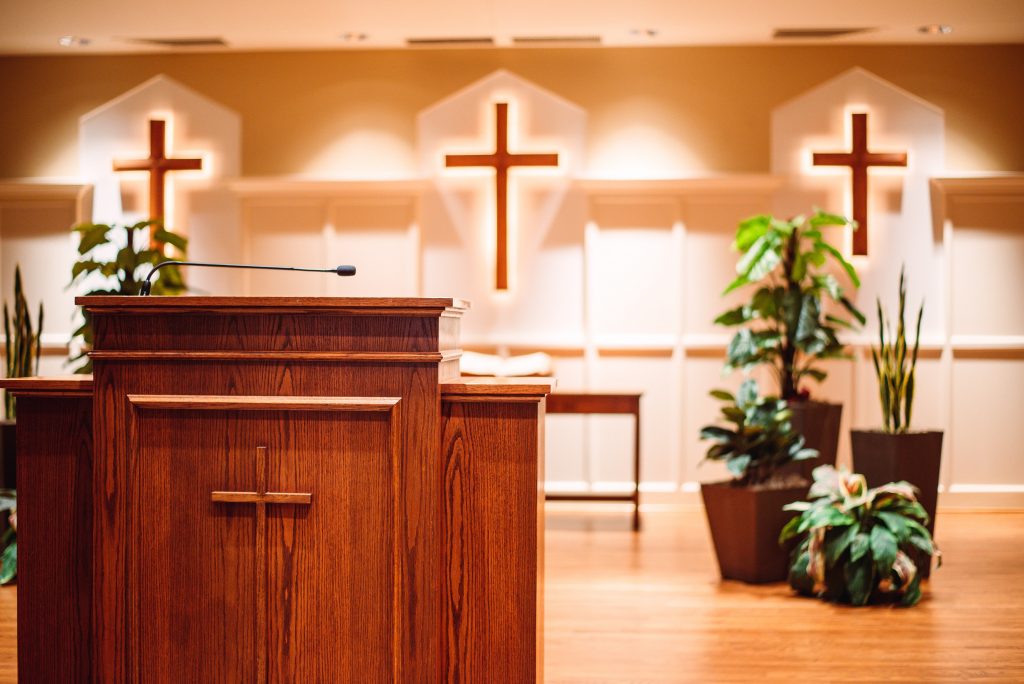FBI Arrests Chinese Nationals Accused of Running Massive, Illicit Marijuana Scheme

The FBI has charged seven Chinese nationals for their alleged roles in a multimillion-dollar marijuana scheme that involved money laundering, drug smuggling, and human trafficking.
The scheme allegedly involved interconnected grow houses that cultivated and distributed marijuana. Chinese nationals were also allegedly smuggled into the U.S. for the purpose of working in these houses until they paid off their debts related to being smuggled into the country, according to an announcement from the U.S. Department of Justice.
We have written again and again about how legalization has actually emboldened drug cartels and organized crime who profit from marijuana.
Some of these illegal marijuana operations are tied to labor trafficking, violent crime, and foreign adversaries like the Chinese Communist Party.
NPR reports how illegal immigrants from China “are taking jobs at hundreds of cannabis farms springing up across the U.S.” Other correspondents have reported how these illegal marijuana operations contribute to “modern day slavery on American soil.”
Chinese organized crime is dominating black market marijuana in states where marijuana is legal.
The U.S. Department of Justice says Chinese drug cartels may be making millions of dollars from illegal marijuana in states like Maine, New York, Massachusetts, and elsewhere.
CBS News has highlighted how Chinese investment is driving illegal marijuana production across the U.S.
CBN reports that Chinese investors with “suitcases full of cash” are buying U.S. farmland to grow black market marijuana.
And CNN writes that “illegal pot production . . . provides a glimpse of a hidden world – one that mirrors a trend playing out not only in California, but in states such as Oklahoma, Oregon, New Mexico and Maine: groups of people with apparent ties to foreign countries – most notably China – producing weed in colossal volumes.”
All of this simply further underscores how marijuana may be many things, but “harmless” simply is not one of them.
Articles appearing on this website are written with the aid of Family Council’s researchers and writers.





